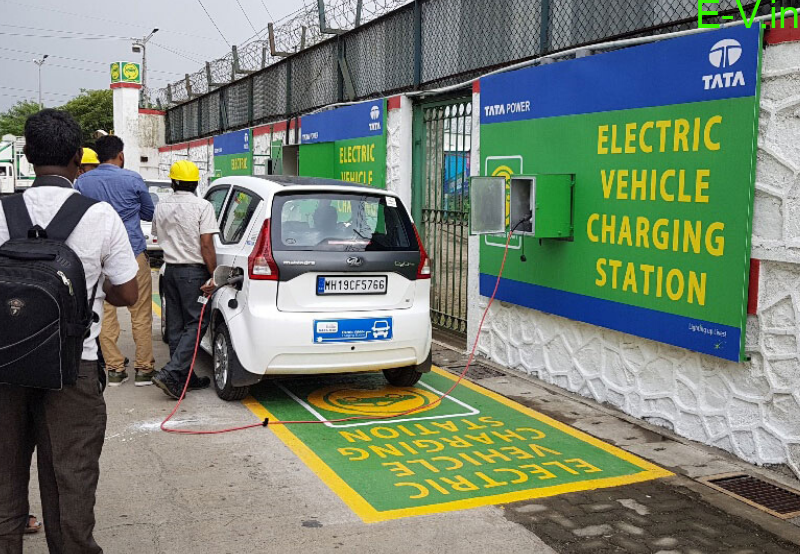Punjab Government Mandates Electric Vehicle Charging Stations at New Fuel Pumps
The Punjab government has announced a significant policy change that requires the installation of electric vehicle (EV) charging stations at all new fuel pumps across the province. This decision marks a pivotal step in the region’s efforts to transition toward sustainable transportation and reduce urban pollution. Under the leadership of Chief Minister Maryam Nawaz Sharif, the initiative reflects a broader commitment to environmental responsibility and long-term energy security.
This move is part of the province’s clean energy and climate policy, which aims to tackle the persistent issue of smog and emissions in major cities. By promoting the adoption of electric vehicles, the government hopes to create a cleaner and healthier environment for residents while also addressing the growing concerns around air quality.
Benefits of the Policy
The introduction of EV charging stations at fuel pumps offers several advantages. One of the primary benefits is the reduction of reliance on petroleum products, which have become increasingly expensive and environmentally harmful. For vehicle owners, this shift presents a more cost-effective and eco-friendly alternative. As the number of electric vehicles on the road increases, so does the need for accessible and reliable charging infrastructure.
By expanding charging options at fuel stations, the government is making it easier for drivers to switch to electric vehicles without worrying about the availability of charging points. This will not only encourage more people to adopt EVs but also help reduce the barriers associated with their use, such as range anxiety and limited charging facilities.
Addressing Environmental Challenges
The decision aligns with Pakistan’s broader environmental commitments, including its goals under the Paris Agreement. By supporting the growth of electric mobility, the Punjab government is contributing to national efforts to reduce greenhouse gas emissions and combat climate change. The policy also promotes innovation in local transportation solutions, encouraging both public and private sectors to invest in green technologies.
In addition to environmental benefits, the policy is expected to have economic implications. Reducing dependence on imported oil can help stabilize the country’s energy costs and improve energy security. Furthermore, the development of an EV ecosystem could create new job opportunities and stimulate technological advancements within the province.
Future Outlook
As the implementation of this policy begins, it will be important to monitor its impact on both the environment and the economy. The success of this initiative will depend on factors such as the availability of charging infrastructure, the affordability of electric vehicles, and the willingness of consumers to make the switch.
The government’s focus on clean energy and sustainable transportation sets a positive precedent for other provinces in Pakistan. It demonstrates a proactive approach to addressing environmental challenges while also preparing for the future of mobility. With continued support and investment, this policy could serve as a model for similar initiatives across the country.
